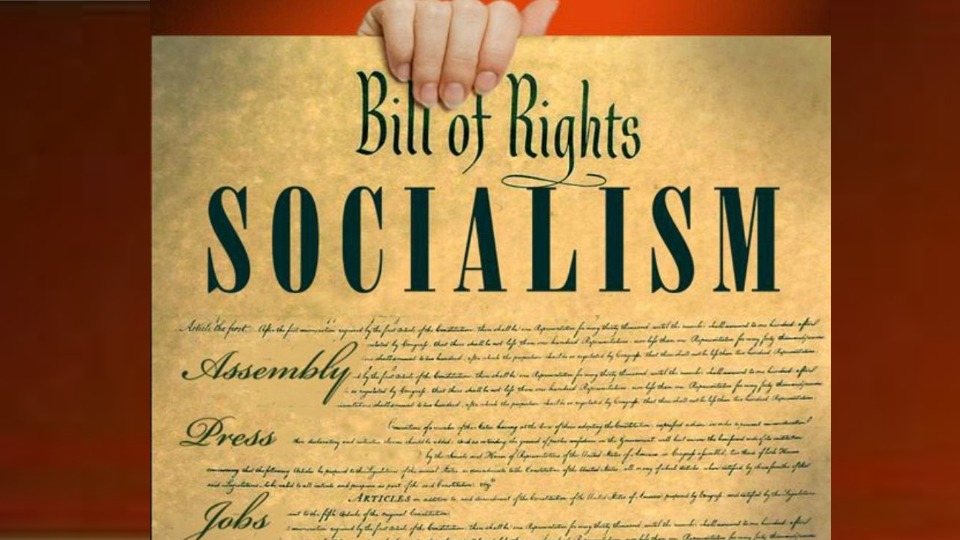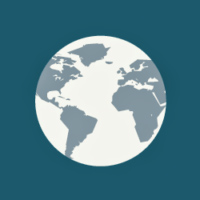
American democracy is in peril. One only has to follow the news in recent years to realize the dangerous situation this country finds itself in. The most obvious and dramatic example was the Jan. 6th insurrection, when a mob of Donald Trump supporters stormed the Capitol with the goal of stopping Congress’ certification of Joe Biden as the winner of the 2020 election. They were unsuccessful, but Trump’s supporters in legislatures across the country have subsequently passed a slew of laws to restrict the right to vote. These laws are designed to undo the gains made by people of color since the end of the Second World War. That, along with other measures, such as when and how people may register to vote, or the access to the ballot for independent or third-party candidates, hinder the functioning of an open and fair electoral system.
At the same time, the powerful influence of money in the electoral arena, the result of the Supreme Court’s Citizens United decision, threatens to drown out the voices of the average voter. The 2020 election saw spending of more than $14 billion. How much of that total came through contributions of working-class voters?
President Biden understands the problem—up to a point. In February 2021 he said, “Democracy doesn’t happen by accident. We have to defend it, fight for it, strengthen it, renew it.” To that end, he has convened a virtual “Summit for Democracy” to be held on Dec. 9-10. In addition to countries from Western Europe, the British Commonwealth of Nations, and Japan—the U.S.’ “allies,” there will also be representatives from a number of right-wing authoritarian governments that now rule in countries of the former socialist world, in addition to Taiwan (which the Chinese government reminds everyone is a Chinese province), and Juan Guaidó (who represents no one but the pro-imperialists in Venezuela).
Biden, however, does not explain that all democracies are not the same. Democracy in the United States in the 21st century is quite different than the democracy of ancient Athens, not to mention the extent of democracy that existed in our country at the time of the adoption of the Constitution.
Marxist-Leninists, on the other hand, understand that a country’s form of government reflects the power of the dominant class in that country. The Roman Empire had a government dominated by a landed aristocracy; 17th century Holland was one controlled by mercantile interests. In the United States, our government reflects the power of the capitalist class (the industrialists and financiers). We would call it a “bourgeois democracy.” The same for the other capitalist states.
There is, however, a second type of democracy existing today, “proletarian” or “working-class democracy,” which is practiced in the socialist countries of China, Cuba, and Vietnam, among others. In the past, the Union of Soviet Socialist Republics (the USSR) and the Paris Commune of 1871 were the first examples of this type.
Each of these countries, past and present, built their power on a system of local governing organizations in which urban workers and peasants ran the show. The leaders of the Paris Commune of 1871, the first workers’ state in history, declared, “The inherent rights of the Commune are: The vote on communal budgets, receipts, and expenses; the fixing and distribution of taxes; the direction of public services; the organization of its magistracy, internal police, and education; the administration of goods belonging to the Commune.”
(From the Manifesto of the Paris Commune.)
Forty-six years later, in the spring of 1917, the Bolsheviks of Russia, led by V.I. Lenin, called on the “Workers, peasants, and soldiers” to “unite everywhere in Soviets of Workers’ and Soldiers’ Deputies, as organs of alliance and power of the revolutionary forces of Russia!” The workers of Russia were told that the Soviets, or councils, were “the guarantee that the fundamental demands of the Russian people will be realized: land for the peasants, protection of labor for the workers, and a democratic republic for all the citizens.”
More than just political bodies, these organizations, as well as their modern descendants in socialist countries, were given the task of transforming society in revolutionary ways. Democracy in socialist countries, when it functions as intended, comes directly from the people and reflects the aspirations, dreams, and hopes of everyday life.
Those of us who live in capitalist countries, however, have a one-dimensional type of democracy. Whereas the U.S. Constitution guarantees “one person one vote,” (a political right), for instance, nowhere does it guarantee workers an equal voice in economic matters. Just look at the struggles it takes for unionized workers to get a pay raise, decent medical insurance, or retirement benefits. Not to mention almost no say over what is produced or how much products will cost.
On a personal note: As a former social studies teacher I used to ask my kids, “If you or I were to walk into the Oval Office and asked the president to support our demands, and Bill Gates or Elon Musk walked into the Oval Office and made a demand of the president, who do you think the president would most likely support?” Almost without exception they always responded Gates or Musk. Therein lies the crux of our limited democracy.
The goal is to create a more democratic society based on something like a “Bill of Rights Socialism,” an idea first enunciated by Gus Hall, former chair of the Communist Party USA. It would guarantee not only those rights in the current Bill of Rights but would expand them to include things such as the right to a job, free medical care, free education, low-cost housing, and the outlawing of racism, among many other things.
Therefore, our task is straightforward. We must defend democracy in every way possible while working to broaden it in ways beyond what it is today.
As with all op-eds published by People’s World, this article reflects the opinions of its author.












Comments